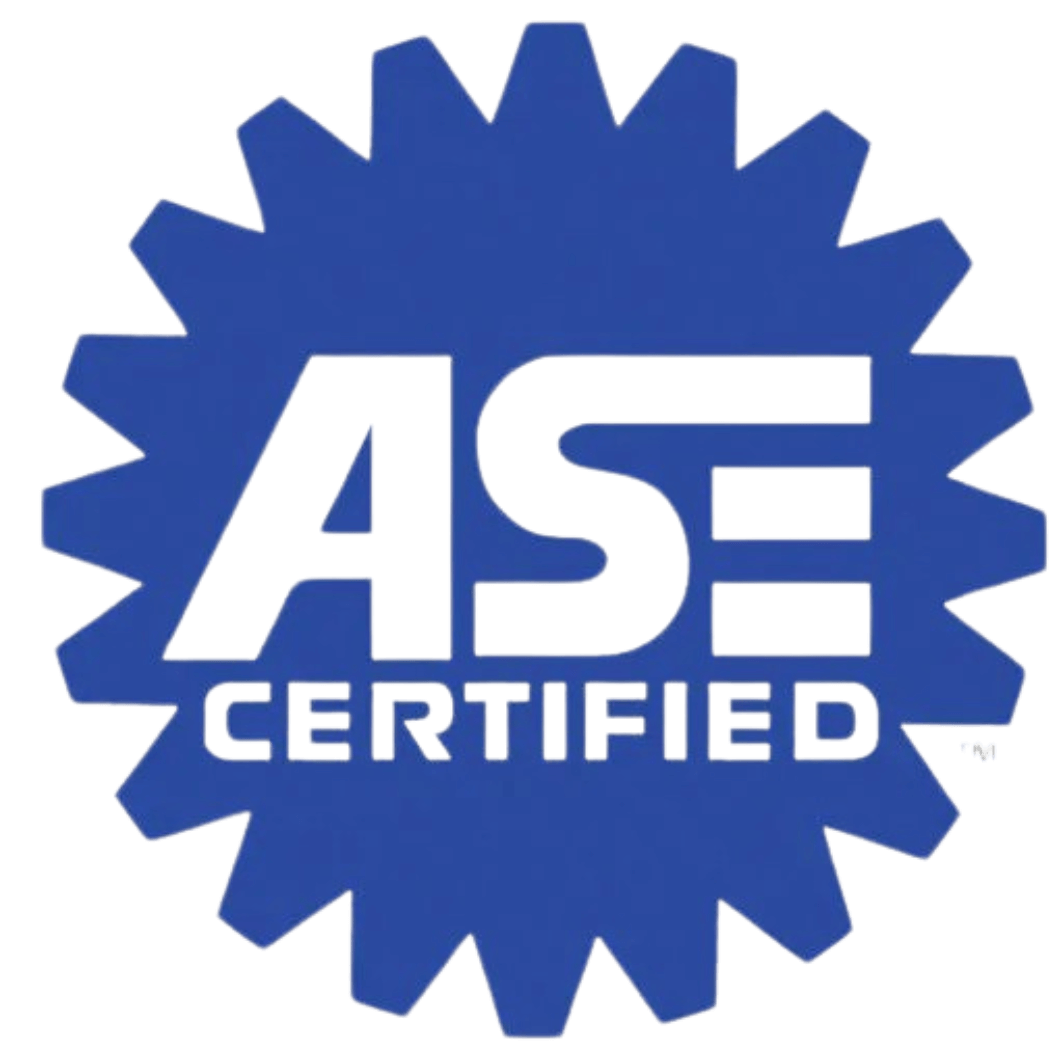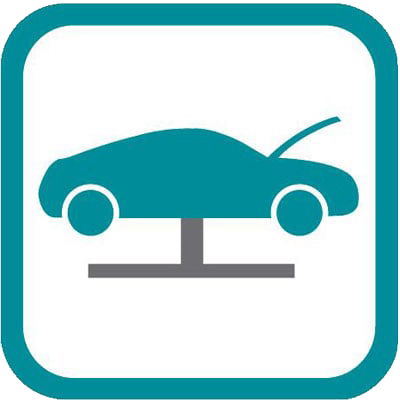What's That Noise? A Driver's Guide to Common Car Sounds and Their Meaning
Most of us have experienced that little jolt of panic when a strange sound starts coming from our vehicle. It's nerve-racking because some sounds are indicators of serious problems, while others have simple fixes. Responding quickly and appropriately to the sounds your car makes is the key to preventing minor issues from turning into costly, wallet-draining repairs.
Before you panic, take a moment to be a detective:
- Where is the noise coming from? (Engine bay, wheels, or under the car?)
- When does it happen? (Idling, accelerating, turning, or braking?)
- What does it sound like? (A squeal, a deep knock, or a metallic scrape?)
Engine Bay Noises
These sounds originate from under the hood and often signal issues with fluids, belts, or combustion.
Clicking or Tapping ("The Sewing Machine Sound")
A high-pitched, fast tapping or clicking from the engine is often caused by a lack of proper lubrication. This noise typically indicates low engine oil levels or reduced oil pressure. Engine components like lifters and valves start to knock together without adequate oil cushioning.
Urgency: High. Action: Check your oil level immediately. If the noise persists, stop driving and have a Car-X mechanic check your oil pressure. Running your car with poor oil circulation risks serious, costly engine damage.
Schedule an Oil ChangeChirping or Squealing While Accelerating
A sudden, high-pitched squeal when you press the gas pedal is usually the sound of a loose or slipping drive belt. These belts power essential systems like the alternator and water pump. When they wear out or lose tension, they slip on the pulleys, producing the squealing.
Urgency: Medium-High. Action: Have the belt tension checked or replaced as soon as possible at Car-X. Ignoring this can lead to a broken belt that leaves you stranded.
Schedule a Belt RepairKnocking ("The Deep Thud")
This is a deeper, more ominous sound than clicking. It's a rhythmic knock or ping that often changes with your speed. This usually indicates a severe problem with the combustion process or internal engine parts.
Urgency: Extremely High. Action: Stop driving soon. If the knocking is loud and persistent, pull over safely and get the engine inspected by a Car-X mechanic immediately.
Schedule an Engine InspectionHissing or Sizzling Under the Hood
You might hear this sizzling or hissing sound right after you've shut the engine off. A fluid is dripping onto a hot engine part, usually the exhaust manifold, and evaporating. This could be coolant, oil, or transmission fluid.
Urgency: High. Action: Check for puddles under your car to identify the leak. Do not drive if your temperature gauge is rising.
Schedule an InspectionPopping or Loud Backfire
A pop from the exhaust or intake, or a loud bang that sounds like a mild gunshot. This often suggests a problem with an uneven air-fuel mixture or incorrect engine timing.
Urgency: Medium. Action: While you can usually drive, the reduced fuel efficiency and risk of damage to your exhaust system warrant a prompt repair. Schedule a tune-up at Car-X.
Schedule an Exhaust InspectionBraking and Wheel Noises
These are critical sounds because they relate directly to your safety.
Squealing Wheels While Braking
A lighter, high-pitched squeal that happens only when you press the brake pedal. This is either dust on the rotors or the metal wear indicators on your brake pads touching the rotor.
Urgency: Medium. Action: Schedule a brake inspection to determine if the pads need replacement.
Schedule a Brake ReplacementScraping or Grinding While Braking
A deep, metallic, metal-on-metal grinding sound during braking. This means your brake pads are completely worn down, and the metal backing plate is grinding directly against the rotor.
Urgency: Extremely High. Action: Do Not Drive. This is a major safety hazard. Get your vehicle towed to a mechanic immediately.
Schedule a Brake InspectionHumming or Whirring While Driving
A low humming sound that gets louder or changes tone as your speed increases. This usually indicates a problem in the wheel assembly or drivetrain, with the most common cause being a worn wheel bearing.
Urgency: Medium-High. Action: Worn bearings are a safety issue that can seize up while driving. Get a detailed inspection to prevent further damage.
Schedule an AppointmentUndercarriage and Drivetrain Noises
These sounds come from the transmission, exhaust, or suspension components.
Noise from the Front End While Steering
A clunking or grinding noise when you turn the steering wheel. This signals worn steering or suspension linkage components like failing tie rods or ball joints.
Urgency: High. Action: These parts are critical to safe handling. Have a Car-X mechanic check the suspension and steering system right away.
Schedule a Suspension InspectionRattling from Under Your Car
A loose, metallic rattle that's often noticeable when idling or going over bumps. This is frequently caused by a loose exhaust system component.
Urgency: Low-Medium. Action: While often minor, it's best to have the exhaust system secured soon.
Schedule a Exhaust RepairWhining Sound (Separate from Engine)
A distinct, high-pitched whining while driving that is separate from the engine's RPMs. This often points to transmission problems.
Urgency: High. Action: The transmission is one of the most expensive components to replace. Addressing this noise early is crucial to prevent catastrophic failure.
Schedule a Transmission Inspection

